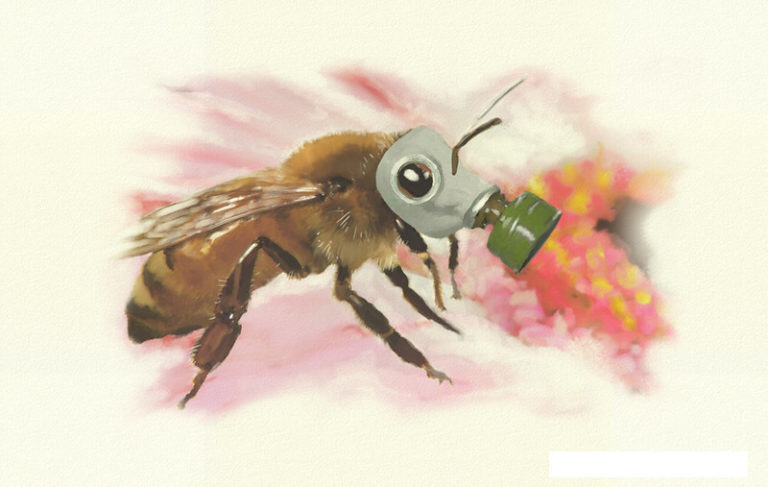
25 years later, insecticidal GMOs face insect resistance
43 detections of insects having acquired resistance to the Bt proteins supposed to kill them were listed in a scientific article in 2023. 43 cases out of 73 studied, i.e. more than half. For the authors of the article, the use of insecticidal GMOs has been crowned with success, as in several cases it has made it possible to reduce or even eradicate local pests. But failures also occurred due to resistance. The authors believe that the future lies in a combination of technologies, among which is RNA interference.

Illegal GMO plants and micro-organisms in Europe
Between 1 January 2021 and the present day, the European Union has had to deal with almost fifty cases of the illegal presence of GMOs on its territory. Most of the cases reported by the national authorities involve GMO plants originating in Asian countries such as Vietnam and Thailand, but also in other countries such as Ukraine, the United States and, more surprisingly, France… GMO micro-organisms have also been detected in batches of food additives used in human and animal nutrition.

Catalonia: GMO Clearfield rapeseeds do not have better yields
In Spain, the public agronomy institute Irta regularly carries out evaluations of several varieties of rapeseed. Recently, they introduced into their evaluation some Clearfield rapeseed varieties, herbicide tolerant varieties modified via in vitro mutagenesis. Result: these GMOs, grown commercially in Europe outside the legal framework, do not have better yields than their conventional counterparts.


